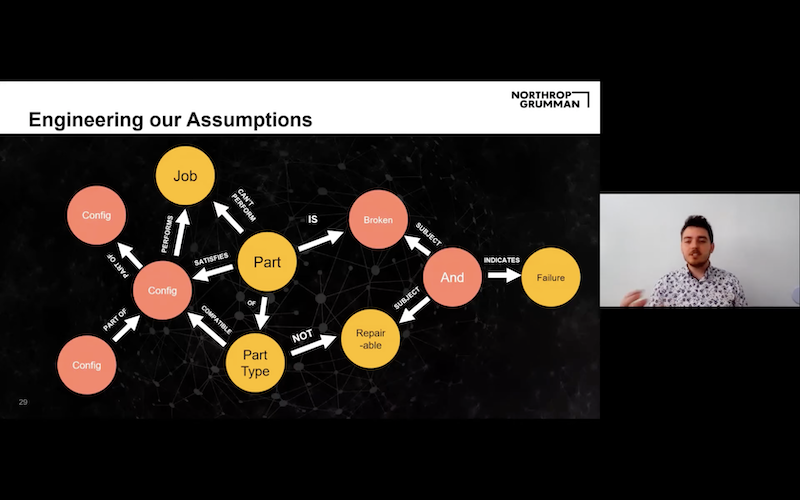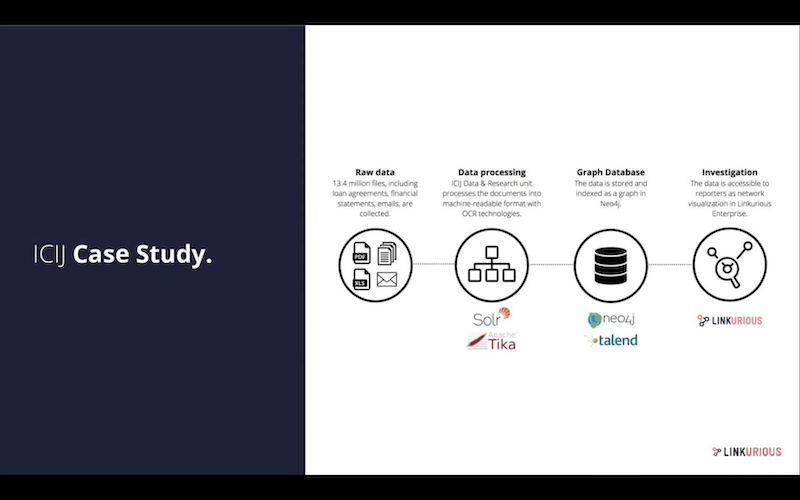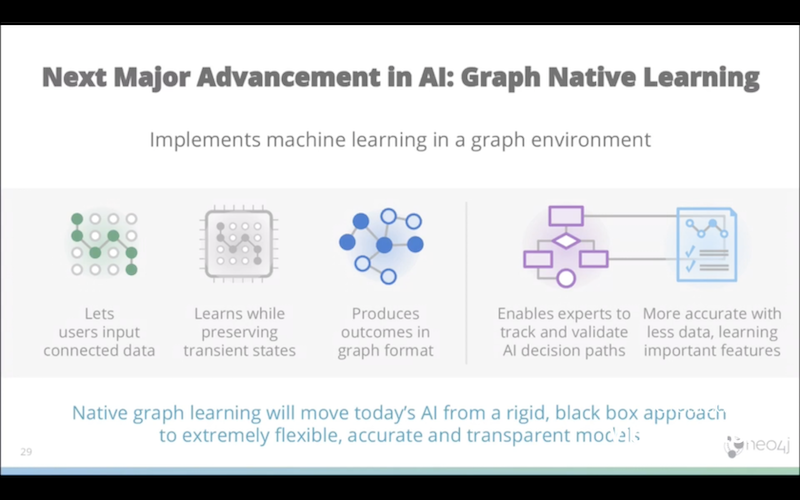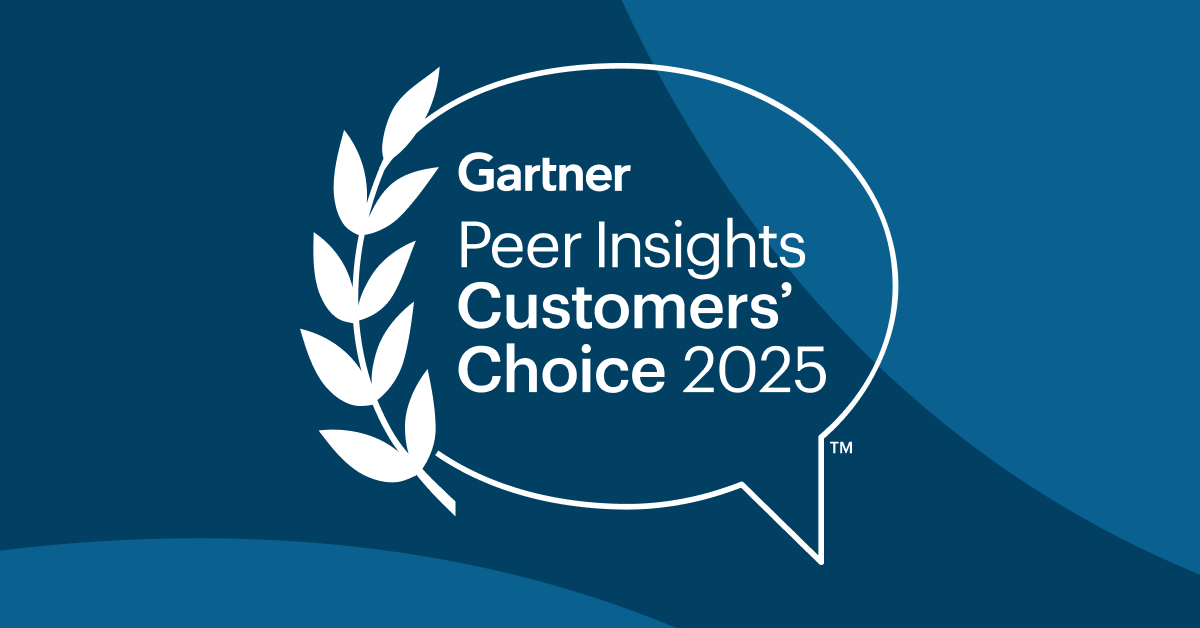The Top 7 Neo4j Webinars of 2020

Managing Editor, Neo4j
2 min read

We spent a lot of time in front of our screens in 2020. (Glad I turned off that iPhone “Screen Time Weekly Report” in July!) Fortunately, even though we were stuck in our homes for most of the year, we still had access to some great, virtual graph events.
Below are seven of the best Neo4j webinars from 2020, spanning topics like human trafficking, reponsible artificial intelligence, graph data science and a whole lot more.
#1. Connections: Best of 2020

This year, we started a brand new series of digital events – Connections. This was a set of free monthly, full-day online conferences on graph technology, with each one focusing on a different theme. To wrap up the year, we took a look back at some of the best speakers and topics from Connections. If you only attended one or two events this year (or even none), this event is a super snapshot of this 2020 digital event series.
#2. Introducing Neo4j 4.0: The Next-Gen Graph Database Built by Developers for Developers

One highlight of 2020 was the release of Neo4j 4.0, built to maximize productivity and innovation by extending the scale, security and developer agility offered by the world’s most widely-used graph database.
In this session, Neo4j experts – Emil Eifrem, CEO and Co-Founder of Neo4j, Dr. Jim Webber, Chief Scientist, Ivan Zoratti, Director of Product Management and Lance Walter, CMO – discuss all the new features 4.0 offers.
#3. Graphs4Good: Identifying Human Trafficking and Money Laundering

Last January, this webinar examined the application of graphs to human trafficking crimes. Looking at data through the lens of fraud prevention, data trends may show evidence of criminal behaviors like money laundering or even human trafficking.
In this Graphs4Good webinar, Kathryn O’Donnell, CEO and Founder of Clovis Technologies, and Navneet Mathur, Senior Director of Global Solutions at Neo4j, examined how graph database technology helps identify such activity and bring perpetrators to justice.
#4. Harnessing Graphs in a New Business Climate

2020 brought with it a considerably altered business climate and with these changes, many organizations turned to graph technology to help rapidly reconfigure and reset operations. Graphs are perfectly suited for handling connected data, like tracing connections through complex networks. This panel discussion featured key Neo4j partners discussing how they use graph technology to help organizations balance efficiency and innovation.
#5. Improve Insight into Connected Data Leveraging Linkurious Enterprise

This installment in our Neo4j Partner Webinar series was all about connected data. Co-hosted by Neo4j and Linkurious, this talk explores how teams of analysts use Linkurious to detect and investigate insights hidden within Neo4j. Watch this session to learn more about key topics like extracting insights from dense multi-dimensional graphs, automating investigation workflows to speed up your investigations and using graph analytics to detect suspicious patterns.
#6. An Insider’s Guide: Tips and Tricks to Get the Most from Graph Data Science in the Enterprise

In 2020, we released Neo4j Graph Data Science (GDS) Library 1.3, which has over 50 algorithms and includes enterprise features like support for role-based access control and multi-database. This webinar offered important information and demo features such as:
- Nuanced algorithm parameters like seeding, thresholds and tolerances
- Getting your graph transformed into the analytics workspace
- The estimate function for better memory management
- Role-based access control for fine-grained security
- Exporting graphs for version control
- Experimenting with alpha tier functions
#7. 10 Tips for Responsible AI – How Graph Technology Adds Context

AI is one of the hottest topics in the tech world right now, and conversations are happening across the global about how to guide its development and application to increase accountability, fairness and public trust.
In this webinar, Amy Hodler, Analytics & AI Program Manager at Neo4j, walked through 10 key tips for responsible AI practices, discussing how AI can be more situationally appropriate and “learn” in a way that leverages adjacency to understand and refine outputs. She also discussed how graphs add essential context to guide more responsible AI that is more robust, reliable and trustworthy.
Check out the Neo4j Webinars page, where you can register for upcoming virtual events and watch all our on-demand sessions.








